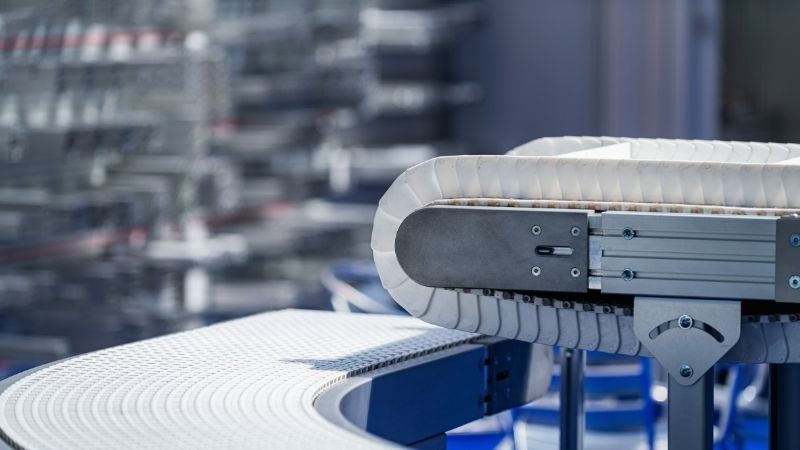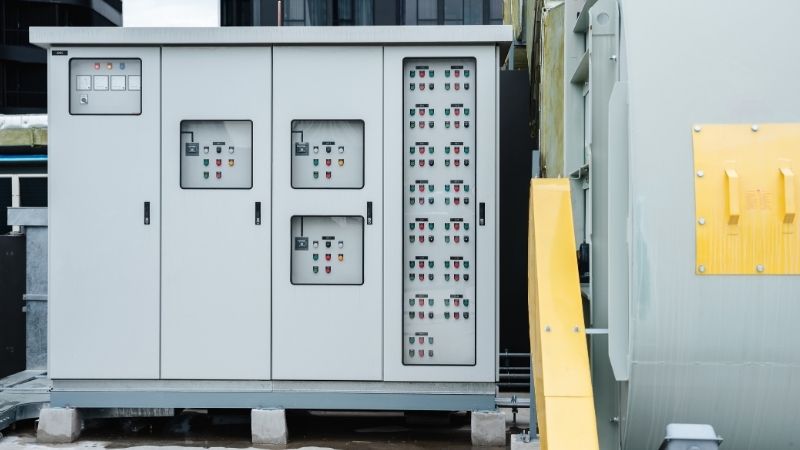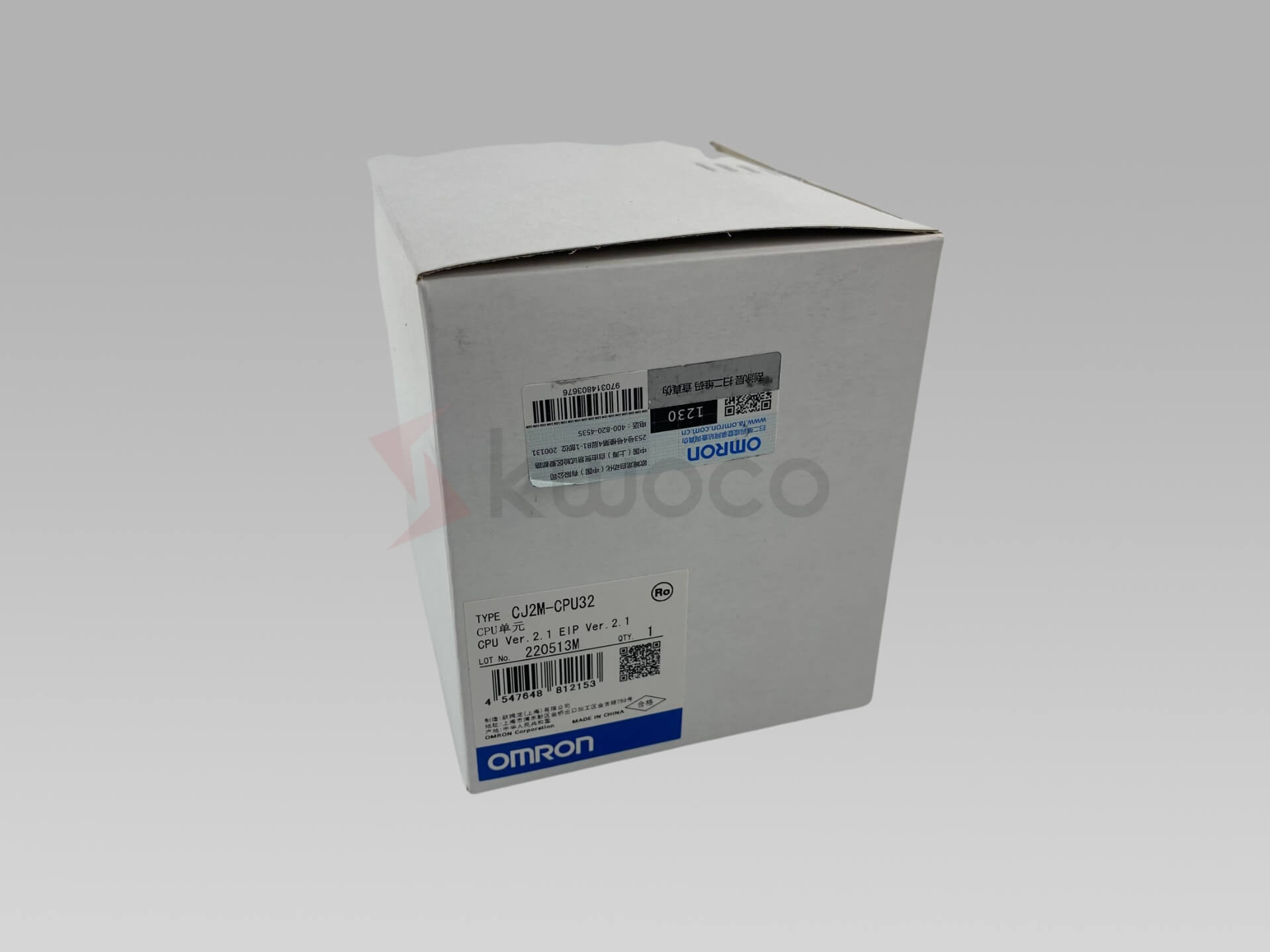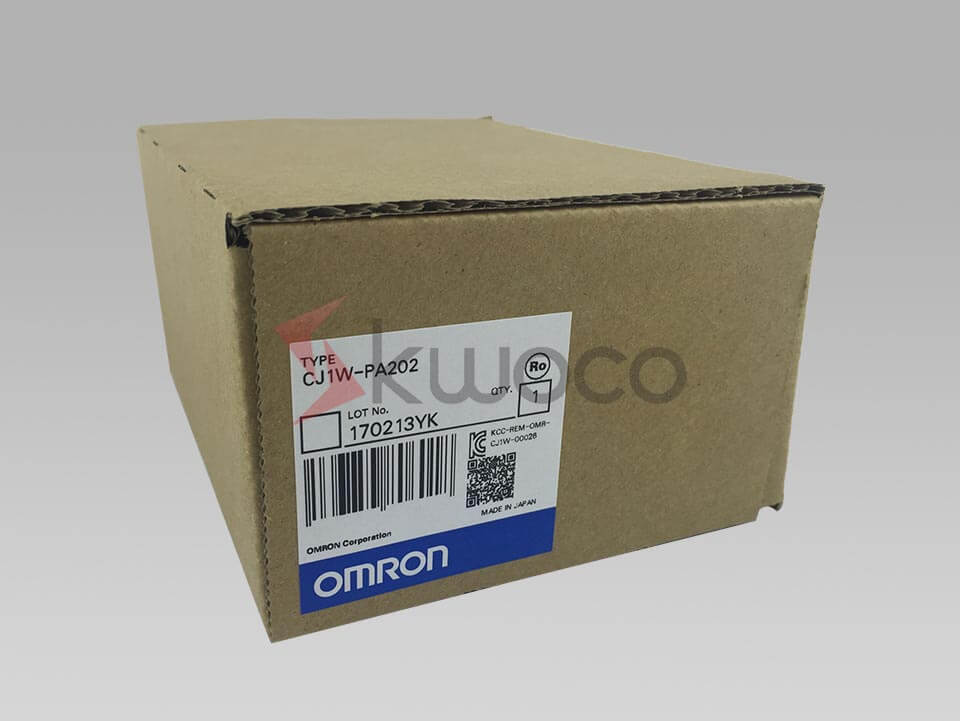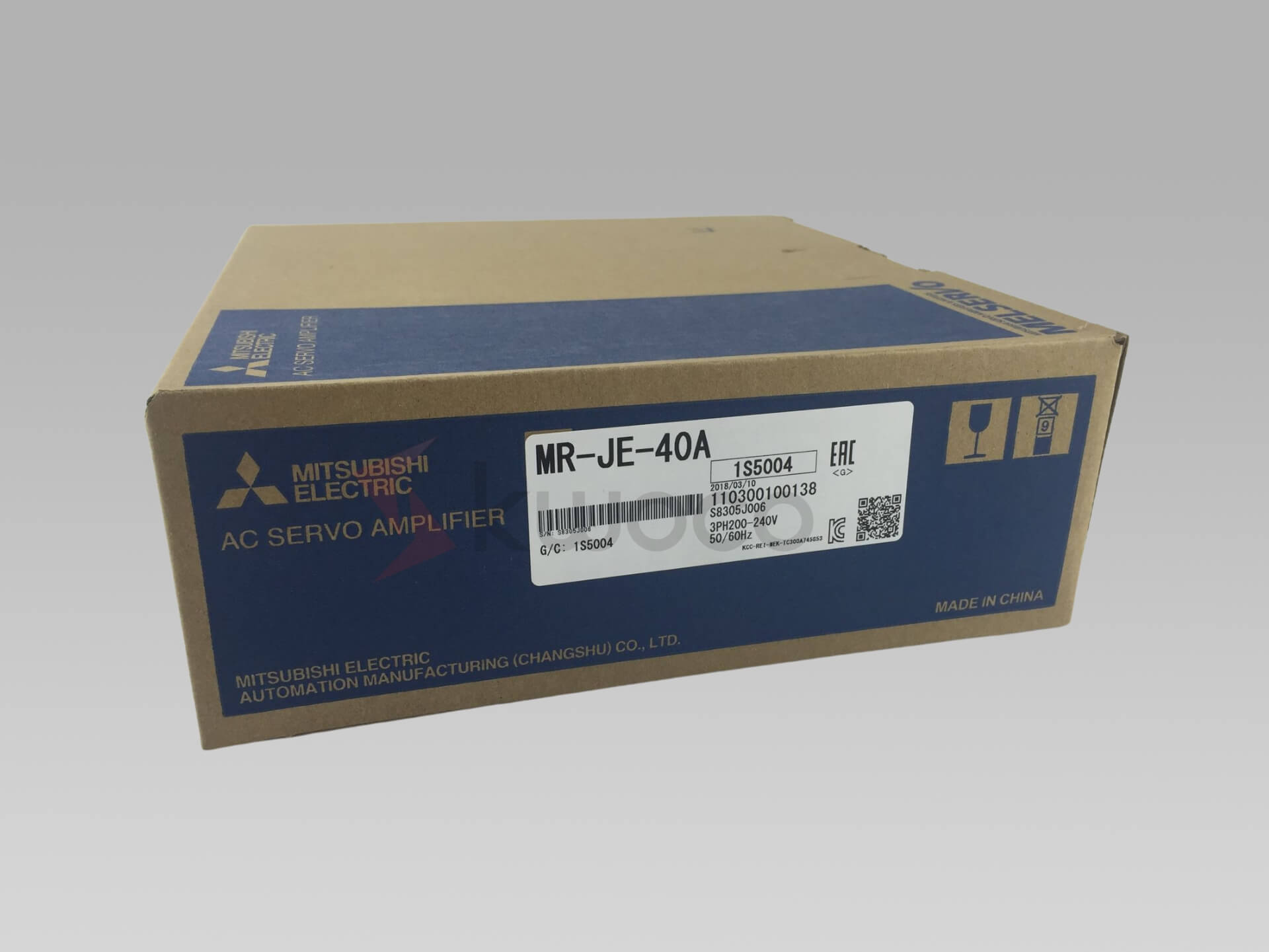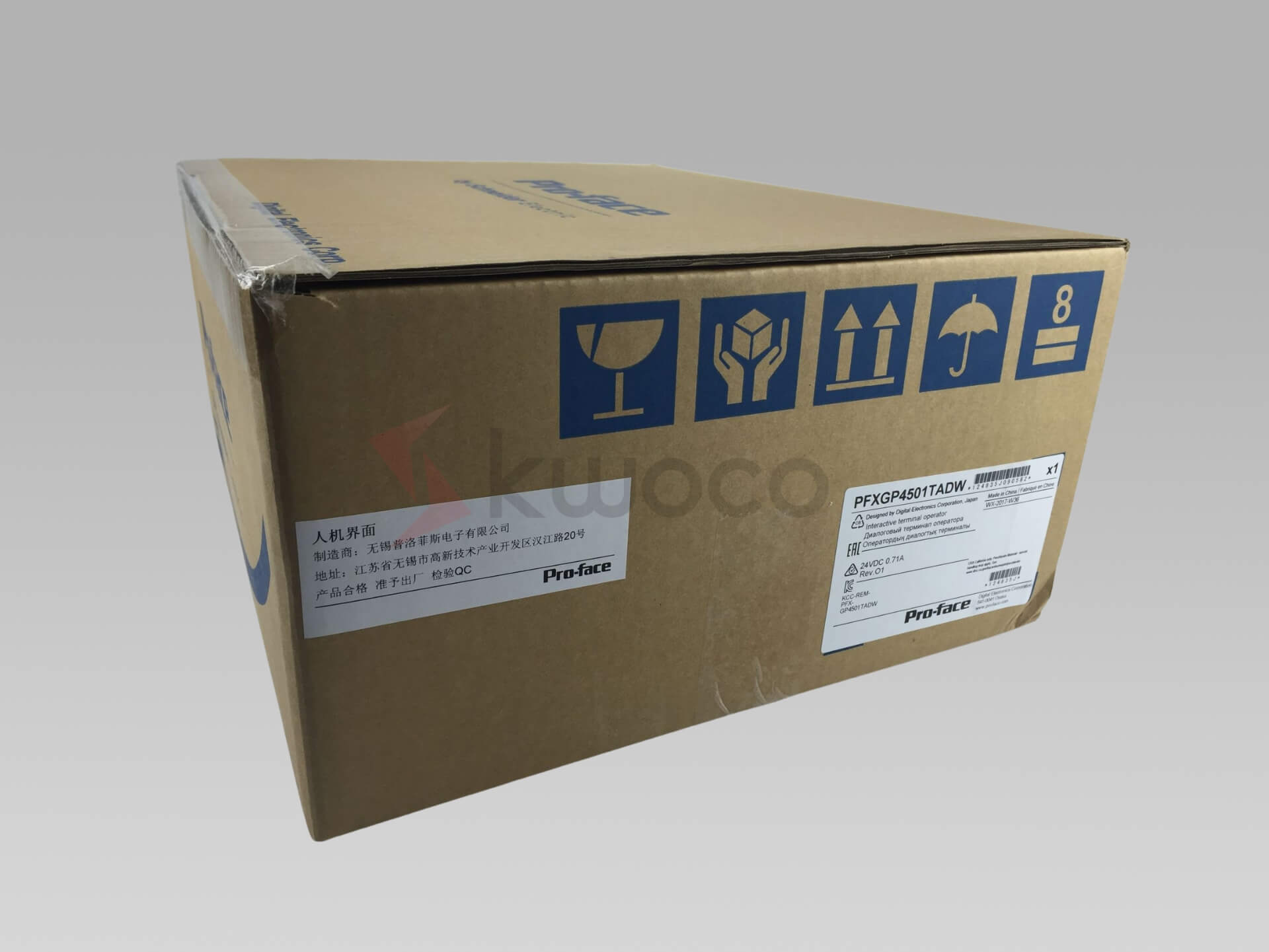Pemecahan Masalah Kegagalan PLC Umum: Panduan untuk Pengontrol Logika yang Dapat Diprogram
Panduan ini membahas penyebab umum Sistem Pemrosesan Akhir (PLC) kegagalan dan memberikan kiat pemecahan masalah praktis untuk membantu Anda mempertahankan kinerja optimal dalam sistem PLC Anda.
Daftar isi
Apa Penyebab Kegagalan PLC dalam Sistem Kontrol?
Memahami alasan di balik kegagalan PLC sangat penting untuk menjaga sistem kontrol yang efisien. Berikut ini adalah beberapa masalah umum yang dapat menyebabkan masalah PLC.
Keausan Komponen Internal
Seiring berjalannya waktu, komponen internal dalam PLC, seperti unit pemrosesan pusat (CPU) dan modul, dapat mengalami keausan karena pengoperasian yang berkelanjutan.
- Masalah CPU: Masalah dengan CPU dapat menyebabkan ketidakstabilan atau kegagalan sistem.
- Modul yang Rusak:Modul PLC, termasuk modul input/output, dapat rusak dan menyebabkan gangguan pada sistem.
- Kerusakan Memori PLC: Memori PLC menyimpan program dan data; kerusakan dapat menyebabkan perilaku yang tidak terduga.
Faktor Eksternal dan Kondisi Lingkungan
Faktor eksternal dapat memengaruhi kinerja PLC secara signifikan.
- Gangguan Listrik dan Gangguan Elektromagnetik (EMI): Kebisingan listrik dan EMI dapat mengganggu sinyal dalam sistem PLC.
- Fluktuasi Tegangan: Masalah tegangan dapat menyebabkan masalah pasokan daya, yang memengaruhi operasi PLC.
- Lingkungan Industri yang Keras: Paparan suhu ekstrem dan debu dapat merusak komponen internal.
Kesalahan Manusia dan Praktik Pemeliharaan
Kesalahan manusia dan pemeliharaan yang buruk dapat menyebabkan kegagalan PLC.
- Pemrograman yang Salah: Kesalahan pada program PLC dapat mengakibatkan sistem tidak berfungsi.
- Perawatan yang Tidak Tepat: Mengabaikan perbaikan dan pemeliharaan dapat mengakibatkan keausan yang tidak diketahui.
- Koneksi Longgar: Sambungan yang longgar dalam modul kontrol PLC atau dengan perangkat lapangan dapat menimbulkan masalah yang terputus-putus.
Dengan mengetahui penyebab umum kegagalan PLC, Anda dapat menerapkan strategi untuk menghindari masalah ini dan memastikan sistem PLC Anda tetap andal.
Bagaimana Gangguan Kebisingan Listrik Mempengaruhi Kinerja PLC?
Gangguan kebisingan listrik merupakan masalah signifikan yang dapat menyebabkan kerusakan PLC dan ketidakstabilan sistem.
Memahami Kebisingan Listrik
Kebisingan listrik merujuk pada gangguan yang tidak diinginkan yang memengaruhi sirkuit listrik.
- Gangguan Elektromagnetik (EMI): Disebabkan oleh perangkat seperti motor, yang menyebabkan gangguan dalam PLC.
- Gangguan Frekuensi Radio (RFI): Dipancarkan oleh perangkat nirkabel dan dapat memengaruhi komunikasi PLC.
Dampak pada Sistem PLC
- Kehilangan Data: Kebisingan listrik dapat merusak data dalam PLC.
- Sistem Crash: Gangguan yang parah dapat mengakibatkan sistem PLC mengalami reset atau crash.
- Kegagalan Intermiten: Menyebabkan masalah PLC yang tidak dapat diprediksi dan sulit didiagnosis.
Strategi Mitigasi
- Grounding yang Tepat: Memastikan integritas tanah dengan kabel tanah khusus mengurangi gangguan.
- Kabel Terlindung: Penggunaan kabel berpelindung untuk meminimalkan gangguan kebisingan listrik.
- Filter EMI/RFI: Memasang filter untuk memblokir sinyal yang tidak diinginkan.
Menerapkan strategi ini membantu mencegah gangguan listrik pada sistem PLC Anda.
Pemecahan Masalah Kegagalan Modul dalam Sistem PLC
Kegagalan modul merupakan masalah umum yang dapat menyebabkan kegagalan sistem dalam sistem kontrol PLC.
Mengidentifikasi Kegagalan Modul
- Kode Kesalahan dan Pesan Kesalahan: PLC mungkin menampilkan kode spesifik yang menunjukkan masalah.
- Pembacaan Tidak Konsisten:Perangkat lapangan mungkin memberikan data yang tidak menentu.
- Ketidakstabilan Sistem: Sistem mungkin menjadi tidak stabil atau mengalami kerusakan sistem.
Penyebab Umum
- Masalah Tegangan: Tegangan berlebih atau kurang dapat merusak modul.
- Keausan dan Kerusakan: Penggunaan jangka panjang dapat menyebabkan kerusakan pada modul.
- Koneksi Longgar: Sambungan ke modul atau perangkat lapangan mungkin menjadi longgar.
Langkah-Langkah Pemecahan Masalah
- Periksa Tingkat TeganganPastikan catu daya menyediakan tegangan yang benar.
- Periksa Koneksi: Kencangkan semua sambungan yang longgar.
- Ganti Modul yang Rusak: Ganti modul yang menunjukkan tanda-tanda kegagalan.
Dengan mengatasi kegagalan modul secara cepat, Anda dapat menjaga keandalan sistem kontrol PLC Anda.
Pentingnya Integritas Ground dalam Operasi PLC
Integritas tanah sangat penting untuk pengoperasian PLC yang aman dan efisien.
Manfaat Grounding yang Tepat
- Mengurangi Kebisingan Listrik: Meminimalkan EMI dan RFI, memastikan integritas sinyal.
- Mencegah Ground Loop: Menghindari jalur arus yang tidak diinginkan yang dapat mengganggu PLC.
- Meningkatkan Keamanan: Melindungi dari sengatan listrik dan kerusakan peralatan.
Masalah Umum Grounding
- Instalasi yang tidak tepat:Pembumian yang salah dapat menimbulkan lebih banyak kebisingan.
- Korosi dan Kerusakan: Dapat membahayakan kabel ground dan memengaruhi integritas ground.
Praktik Terbaik
- Inspeksi RegulerPeriksa sistem pentanahan untuk melihat tanda-tanda keausan.
- Gunakan Lahan Khusus: Mencegah gangguan dari peralatan lain.
- Ikuti Standar Industri: Patuhi pedoman pentanahan di lingkungan industri.
Pembumian yang tepat memastikan sistem PLC Anda beroperasi tanpa gangguan dari kebisingan listrik.
Mengatasi Masalah Catu Daya di PLC
Masalah pasokan daya dapat menyebabkan gangguan signifikan pada sistem PLC.
Masalah Umum pada Catu Daya
- Lonjakan Daya:Dapat merusak komponen internal PLC.
- Fluktuasi Tegangan:Menimbulkan ketidakstabilan pada sistem PLC.
- Kegagalan Daya: Kehilangan daya secara total menghentikan operasi.
Solusi
- Perlindungan Lonjakan Arus: Pasang perangkat untuk melindungi terhadap lonjakan arus.
- Catu Daya Tak Terputus (UPS): Menyediakan sumber daya cadangan untuk PLC.
- Perawatan RutinPeriksa catu daya untuk melihat tanda-tanda kegagalan.
Penyebab Masalah Catu Daya
- Kegagalan Jaringan: Masalah daya eksternal yang memengaruhi pasokan daya ke PLC.
- Kegagalan Komponen Internal: Kesalahan dalam modul daya PLC.
- Faktor Eksternal: Kondisi lingkungan yang menyebabkan masalah pasokan listrik.
Dengan mengelola masalah pasokan daya secara proaktif, Anda dapat mencegah kegagalan PLC yang tidak terduga.
Pertanyaan yang Sering Diajukan
Apa saja tanda-tanda umum kegagalan PLC yang akan terjadi?
Tanda-tandanya meliputi kegagalan berkala, kerusakan sistem yang tak terduga, kode kesalahan, dan perilaku tidak biasa dari perangkat lapangan.
Bagaimana saya dapat meminimalkan gangguan listrik pada sistem PLC saya?
Gunakan kabel berpelindung, pastikan pentanahan yang tepat, dan pasang filter EMI/RFI untuk mengurangi gangguan kebisingan listrik.
Mengapa pentanahan penting untuk PLC?
Pembumian yang tepat mengurangi gangguan listrik, mencegah terjadinya loop tanah, dan meningkatkan stabilitas dan keamanan sistem.
Apa yang menyebabkan kegagalan modul pada PLC?
Penyebabnya meliputi masalah tegangan, keausan, dan sambungan longgar dengan modul atau perangkat lapangan.
Dukung proyek Anda dengan PLC Omron, Mitsubishi, Schneider baru dan asli – tersedia sekarang!
Kesimpulan
Dengan memahami dan menangani masalah-masalah umum ini, Anda dapat menjaga agar pengontrol logika terprogram Anda tetap berjalan secara efisien, memastikan kelancaran operasi dalam proses otomasi Anda. Langkah-langkah proaktif dan perawatan rutin adalah kunci untuk mencegah kegagalan PLC dan meminimalkan waktu henti.
Sedang mencari PLC baru dan asli untuk proyek Anda? Di Kwoco, kami menyediakan PLC terbaru dari merek-merek ternama seperti Omron, Mitsubishi, Dan Bahasa Inggris SchneiderBerbelanja dengan percaya diri—pengiriman cepat, kualitas terjamin! Beli Sekarang
Hubungi kami
Cukup isi nama, alamat email, dan deskripsi singkat pertanyaan Anda dalam formulir ini. Kami akan menghubungi Anda dalam waktu 24 jam.
Kategori Produk
Produk Penjualan Panas
Anda Mungkin Juga Menemukan Topik Ini Menarik

Enam Pemasok PLC Omron Teratas di Italia
Enam Pemasok PLC Omron Teratas di Italia Sebagai seseorang yang sangat terlibat dalam sektor otomasi industri, khususnya dalam perdagangan internasional
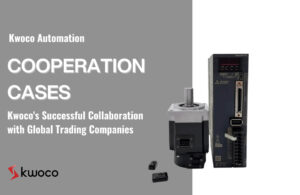
Kolaborasi Sukses Kwoco dengan Perusahaan Perdagangan Global
Kolaborasi Sukses Kwoco dengan Perusahaan Perdagangan Global Di pasar global saat ini, keandalan rantai pasokan secara langsung mempengaruhi

Pengantar Pengontrol Logika Terprogram: Gerbang Anda Menuju Otomasi Industri
Artikel ini merupakan panduan lengkap tentang Programmable Logic Controller (PLC), yang membahas peran mendasarnya dalam otomasi industri modern. Dari pabrik mesin dan peralatan hingga produsen dan penyedia solusi, PLC sangat diperlukan untuk merampingkan operasi dan meningkatkan produktivitas. Artikel ini membahas seluk-beluk PLC, pemrogramannya, dan beragam aplikasinya.

